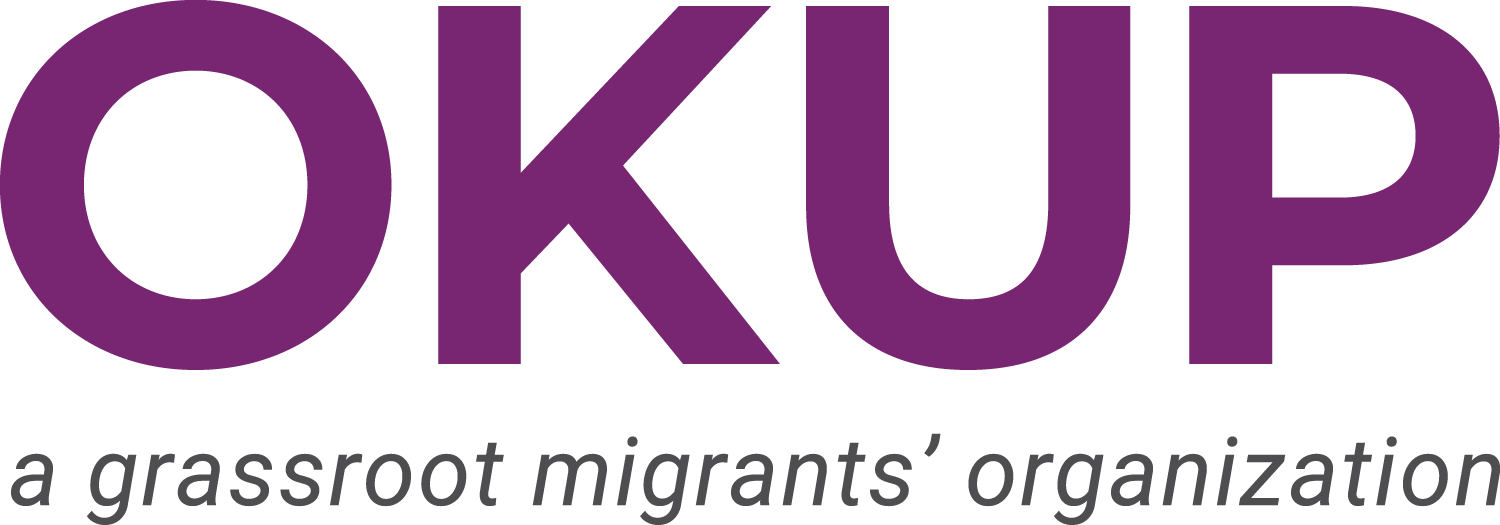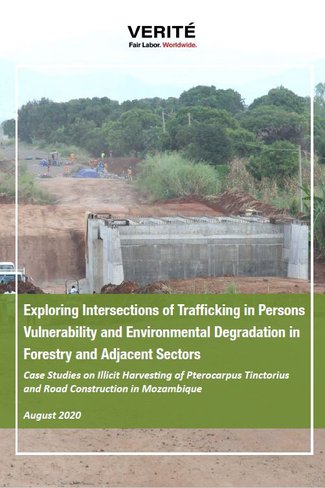Exploring Intersections of Trafficking in Persons Vulnerability and Environmental Degradation in Forestry and Adjacent Sectors (Niassa, Mozambique)
2020
- Author
- Verité
- World region
- Sub-Saharan Africa
- Origin of migration
- Niassa, Nampula, Zambezia, Cabo Delgado, and Tete provinces in Mozambique but also (anecdotally) Malawi, Tanzania, and Zimbabwe
- Area of transit
- No data available
- Destination of migration
- Niassa in Mozambique
- Who is affected
- Men, Women
- Type of climatic event
-
Environmental degradation, Rapid-onset event
Cyclones and flooding
- Type of migration/mobility
-
Cross-border, Internal
- Destination industry or sector
-
Construction
- Type of modern slavery
-
Forced labour
*Forced labour (limited evidence)
- Link between climate change, migration and modern slavery
- Direct
- Key vulnerability factors
-
Very low incomes put populations affected by construction activities at high risk of forced labour. Loss of property and displacement, loss of (alternative) livelihoods and food insecurity due to these construction activities further exacerbate vulnerability to forced labour. Climate change impacts also contribute to loss and damage and food insecurity, increasing precariousness.
- Summary
-
These case studies demonstrate how workers in the forestry and related sectors may experience modern slavery and how deforestation can increase vulnerability to human trafficking. They focus on two provinces in Mozambique, Tete and Niassa, affected by deforestation as a result of illegal logging and construction respectively. Deforestation worsens climate change events and their negative effects on local communities. These communities are then driven to work in extractive and exploitative industries or to migrate in search of alternative livelihoods. Further exploration is needed of the mechanisms through which environmental degradation exacerbates poverty and, therefore, vulnerability to modern slavery in the logging industry. The report also recognises the link between consumer demand and deforestation and its negative impacts.
- Recommendations
-
Specific recommendations are made to four types of stakeholders. They are drawn from findings on vulnerability to modern slavery.



